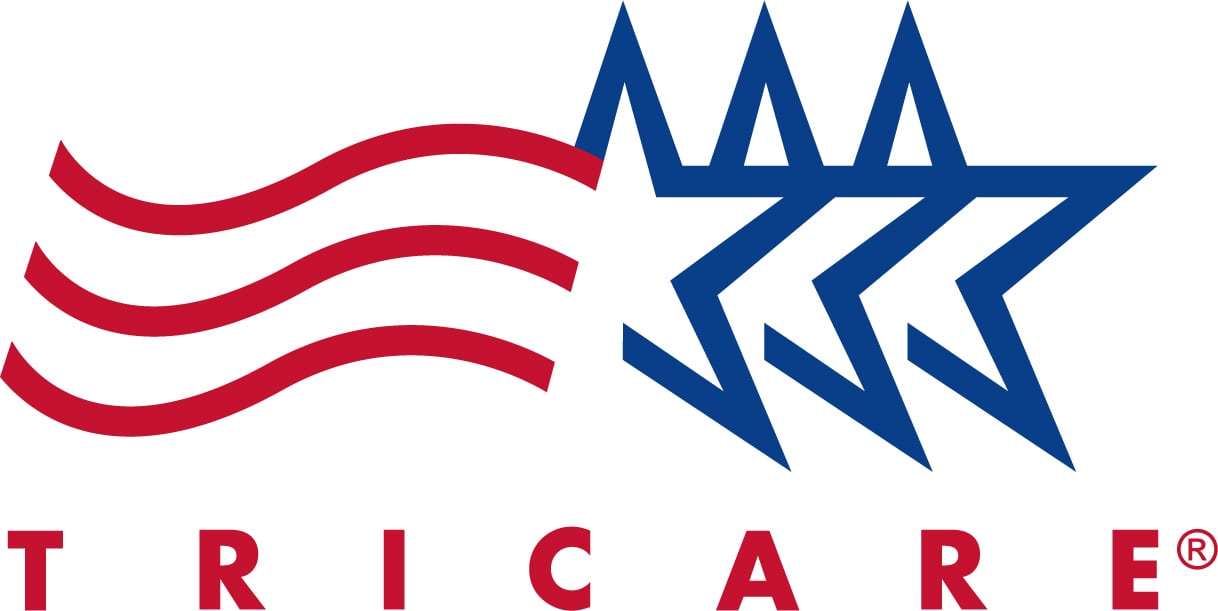Half a year into major changes in Tricare, a survey of more than 8,500 Tricare beneficiaries indicates that satisfaction is eroding with the Defense Department health care program.
The online survey was conducted in June by the Military Officers Association of America, to provide a snapshot of what’s happening in the wake of Tricare changes this year.
This survey showed increasing dissatisfaction with the Tricare program across all categories, including costs of medication, provider choice and access to providers.
In February, costs for prescriptions increased at network retail pharmacies and through the online pharmacy program. And this year, with changes in the Tricare program and changes in regions, there have been fewer health care providers, and a number of families have had problems getting appointments for health care. Some families are also finding they’re paying more for certain medical care.
MOAA conducted a similar survey in December, to determine a baseline of sorts for perceptions about Tricare, before the changes took effect in January. About 4,000 people responded to that survey.
More than 50 percent of those who responded said they were “somewhat” to “very” concerned about being able to afford their medications. This is a “dramatic increase” from the December survey, when beneficiaries were “largely unconcerned” about being able to afford their prescriptions, said retired Navy Capt. Kathy Beasley, MOAA’s director of government relations for health affairs.
Of those who participated in this online survey, 91 percent were retired service members and/or their spouses, and 4.5 percent were active duty. About 75 percent were current or former officers.
About half were Tricare for Life beneficiaries — those 65 or older are enrolled in Tricare for Life, which wasn’t affected by the Tricare changes on the medical side. These beneficiaries showed the greatest overall satisfaction — 80 percent — with their health care, Beasley said.
About 50 percent of survey respondents who were using Tricare Select were very or mostly satisfied. Like other Tricare beneficiaries, Tricare for Life beneficiaries have been affected by Tricare pharmacy co-pay increases in February at retail pharmacies and in the Tricare Pharmacy Home Delivery program.
Of those surveyed, 17 percent reported shifting from the retail pharmacy to home delivery, which is cheaper, and 8 percent shifted from home delivery to their military treatment facility, where prescriptions are available at no cost.
This survey showed a decline in satisfaction with choices of health care providers available, possibly reflective of some issues contractors have had this year in getting enough health care providers in their Tricare networks. In this survey, 53 percent reported they were very satisfied with their choice of providers, down from 58 percent in December. Most of the dissatisfaction was among those under age 65, who have experienced changes in their Tricare plans this year.
RELATED

Co-pays for health care have also been a concern. Fifteen percent of survey respondents said they had canceled or postponed medical appointments in the previous year because of cost concerns, compared with 6 percent in the survey six months ago.
But Beasley said she’d expected to see more dramatic numbers.
“People may not experience a lot of dissatisfaction with cost shares with medical appointments until it hits them, until they have to pay these cost shares,” she said. “We got a lot of comments from people with children. They talked about their special needs child needing a series of appointments, … which are becoming cost-prohibitive for them.
“The leading indicators are those who have these series of appointments,” she said, such as specialty appointments.
She highlighted one representative comment: “Because the co-pays went from $12 to $30, it is hard for me to afford therapies for my 4-year-old son. He is supposed to receive speech therapy twice a week and occupational therapy once a week. Under the old way, it was $36 every week. Now I am paying $90 every week. We only do speech and occupational once a week because it has put a financial strain on us. It is hard to provide the adequate care for my son who has special needs that should be met.”
MOAA expects to field another survey in six months, Beasley said, in an ongoing effort to monitor emerging trends in the Tricare benefit.
Karen has covered military families, quality of life and consumer issues for Military Times for more than 30 years, and is co-author of a chapter on media coverage of military families in the book "A Battle Plan for Supporting Military Families." She previously worked for newspapers in Guam, Norfolk, Jacksonville, Fla., and Athens, Ga.




